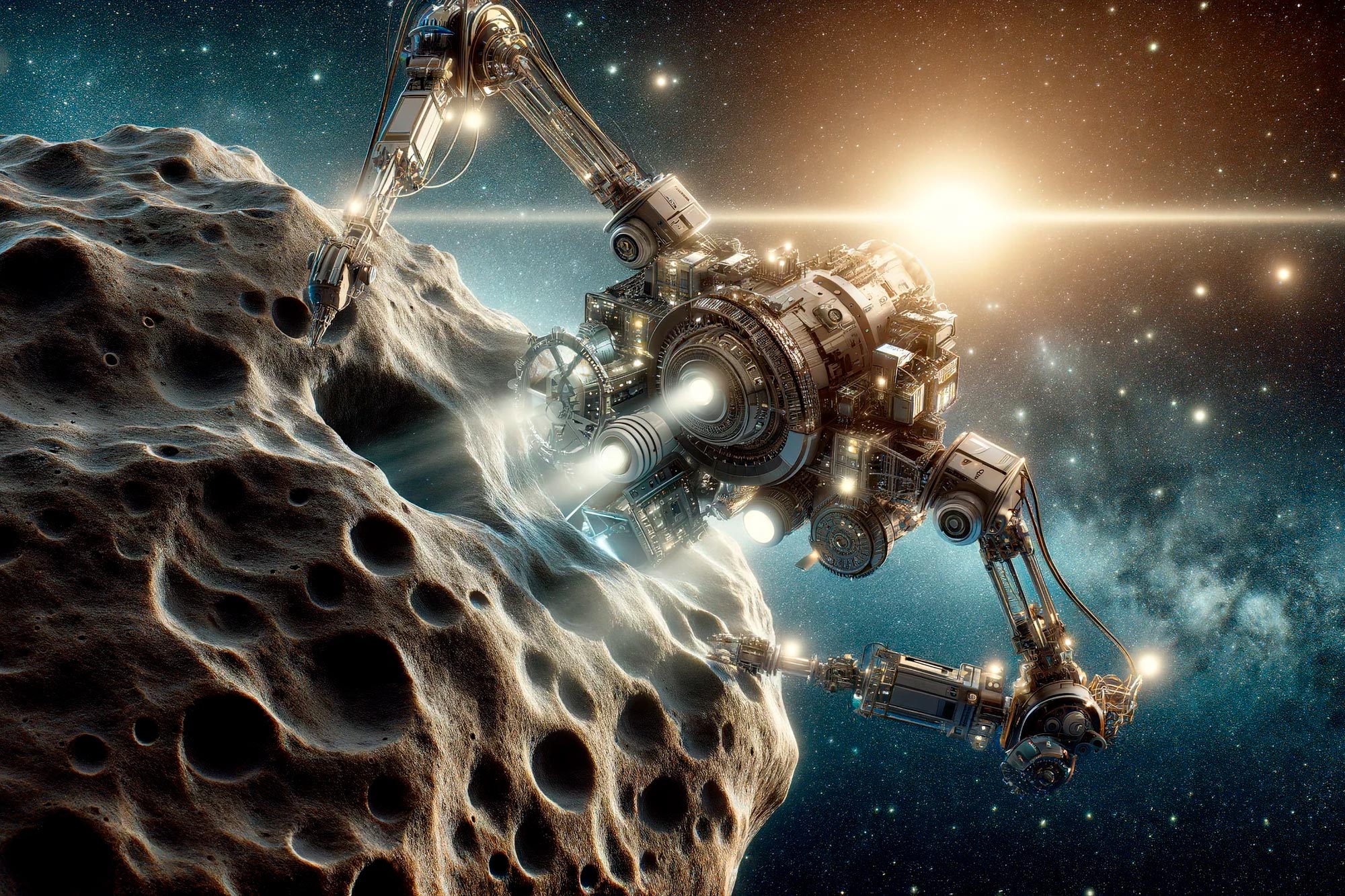
The popular narrative around space exploration often focuses on establishing colonies on Mars and the Moon, with figures like Elon Musk promoting these destinations as humanity's backup plan. However, a closer examination reveals that this approach may be misguided, both in its premises and its priorities. Instead, focusing on asteroid mining could offer greater benefits with lower costs and technical barriers.
The argument for Mars colonization often rests on the idea of preserving humanity in case of an Earth-based catastrophe. Yet this reasoning faces several critical flaws. First, even a catastrophically damaged Earth would likely remain more habitable than Mars, with its toxic atmosphere, harsh radiation, and minimal gravity. Second, humanity itself is rapidly evolving through genetic engineering and technological integration, making the concept of "preserving mankind as it is" increasingly obsolete. The massive resources required for Mars colonization might be better invested in protecting Earth's environment and advancing sustainable technologies.
By contrast, asteroid mining presents a more practical and economically viable path forward. Near-Earth asteroids offer abundant resources that are often more accessible than their planetary counterparts. While planets and large moons have concentrated their heavy metals in unreachable cores through gravitational differentiation, asteroids often contain valuable materials distributed throughout their smaller bodies. For instance, the asteroid 16 Psyche is estimated to contain vast quantities of iron, nickel, and precious metals in an accessible form, while 1986 DA potentially holds thousands of tons of platinum group metals.
The technical challenges of asteroid mining, while significant, are actually less daunting than those of planetary colonization. Operating in zero gravity eliminates the need for expensive launch and landing infrastructure required on Mars or the Moon. The lack of atmospheric interference and lower gravity wells makes resource extraction and transport more energy-efficient. Additionally, the development path to asteroid mining can be more incremental, with smaller-scale missions building experience and capability over time.
Many technologies needed for asteroid mining could be developed through orbital research stations and targeted missions, without the enormous overhead of maintaining planetary colonies. While some technological overlap exists in areas like life support systems and radiation protection, these could be developed more efficiently through focused research rather than as byproducts of planetary colonization programs.
The economic potential of asteroid mining also far exceeds that of planetary colonies. While Mars colonies would require constant resource input for marginal returns, successful asteroid mining operations could provide rare earth elements, precious metals, and industrial materials at scales that could transform Earth's economy and enable further space development.
This doesn't mean we should abandon Mars exploration entirely, but rather that we should prioritize our investments in space development based on practical returns rather than romantic notions of planetary colonization. The path to becoming a spacefaring civilization might be better served by focusing on developing our capabilities to access and utilize space resources efficiently, rather than rushing to establish colonies on hostile planetary surfaces.
The future of space development lies not in recreating Earth's environment on other worlds, but in adapting our approach to take advantage of the unique opportunities space offers. Asteroid mining represents a more pragmatic and potentially more rewarding next step in humanity's space journey.
(Credit picture SciTechDaily)